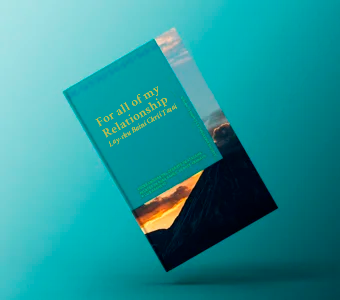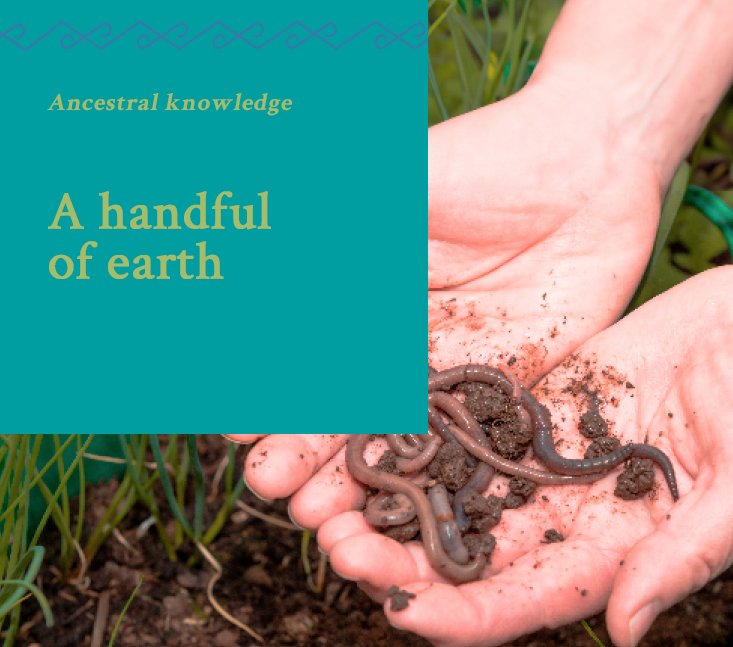Ancestral Knowledge and Climate Change
Listening to and learning from the knowledge and practices of native peoples is essential. For thousands of years and through ancestral legacy and memory, men and women, bearers of tradition, have been able to overcome the various changes we have experienced as humanity, being examples of resilience, which they have achieved through their strong connection and observation of nature.
Today, in the face of the climate crisis we are experiencing, listening to what they have to tell us is essential. They treasure experiences and values that are vital to know.
After 3 years of work, and based on the testimonies and oral accounts of 20 Lickanantay culture men and women and a Quechua woman from the Atacama Desert, we present the Book Collection “Ancestral Knowledge and Climate Change”, which includes 10 volumes on various topics such as the care of Water (Puri), the protection of Mother Earth (Patta Hoyri), the importance of time and cycles, the protection of the seed (Muhu), ancestral nutrition, the knowledge and use of medicinal herbs, the different moments of the agro-festive calendar, among many others. It also reflects on various agricultural techniques that can help us mitigate the effects of the crisis, in addition to learning about the main principles of their worldview.
They all seek to give us a look that helps us to change the current paradigm, being the human being one more of this ecosystem, promoting a look of reciprocity, care and relationship with the environment.
Each book is accompanied by educational capsules where you can directly meet the farmers, protagonists of this project, who share their experience in the territory, as well as its beautiful landscapes.
It is important to mention that each one of the farmers participated and reviewed their stories in the collection as well as in the videos, making suggestions and modifications in order to best represent their perceptions and knowledge. These in no case represent the thoughts of all the Lickanantay or Quechuas, but are their own experiences that they relate.
Below is a detail about each of the books, as well as each capsule.
Ancestral Knowledge and Climate Change
ANDEAN TIME
In a world where everything is becoming faster and faster, we will reflect on the cycles of the Earth through the book Andean Time (Tiempia Lericotchaya). Here we find the voice of Irma Panire, from the town of Ayquina, where the Andean techniques of cultivation terraces are still preserved; as well as Roberto García, from Catarpe. Both show us the importance of touching, feeling and listening to nature in all its forms, as well as letting ourselves be guided by the stars and their signals.

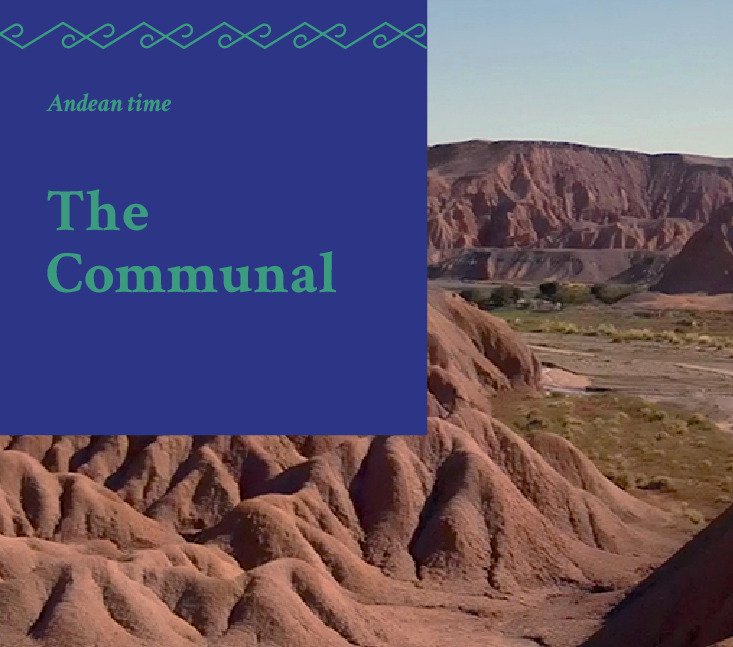
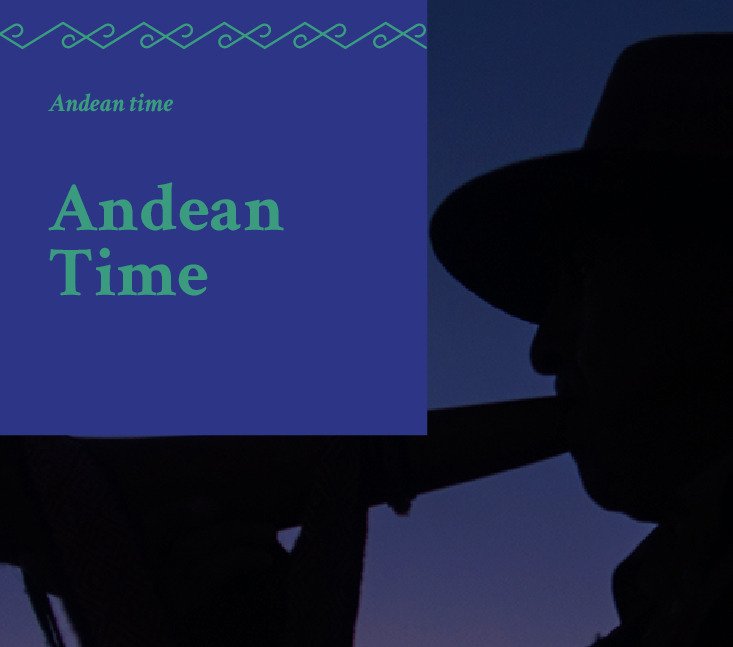
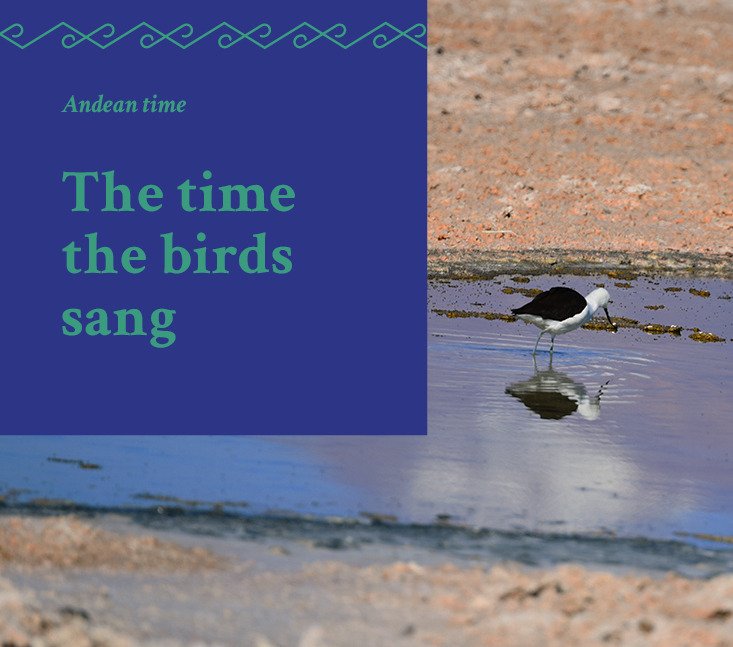
ANDEAN COSMOVISION
Andean values and principles are fundamental to face the challenges ahead. Through Andean Cosmovision (Itcha Laipintur Lericotchaya), we will learn through the voice of Pablo Cruz de Celeste, in the Puna de Atacama, near Toconao, and René Panire, from Ayquina, principles such as reciprocity, complementarity and ayni, so present in the Andean peoples; besides the importance of valuing each being that exists in nature, being the human being part of it.

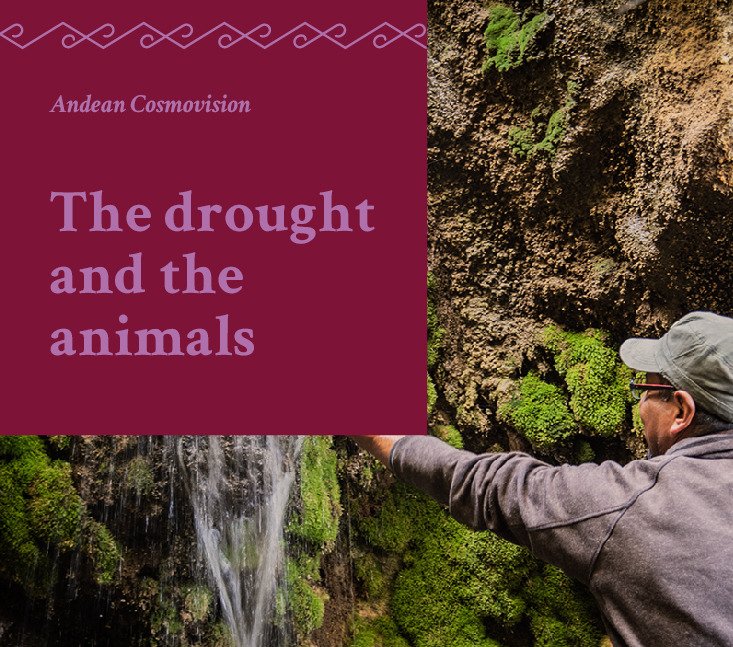
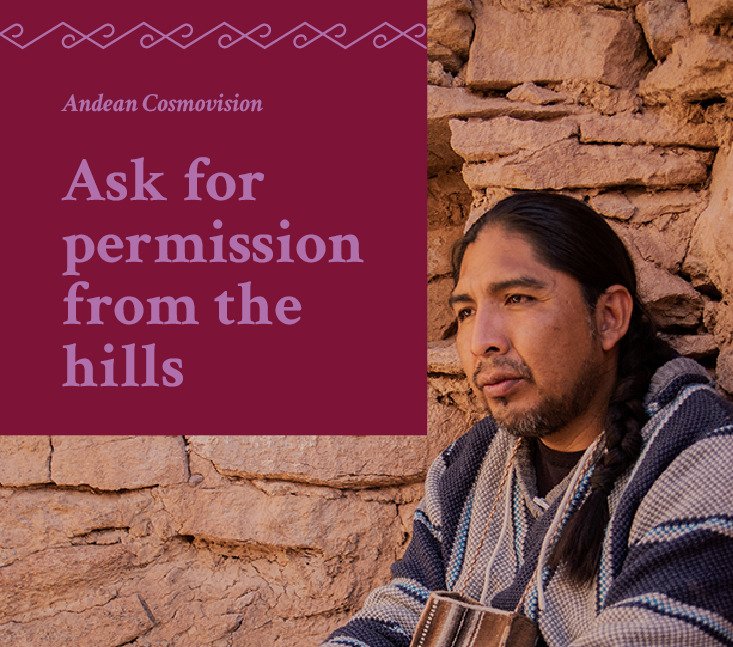
MOTHER EARTH
In Mother Earth (Patta Hoyri) Carmelo Miranda, from the ayllu of Séquitor and Eufemia Pérez from Lasana; share with us the love for the Earth and the importance of the offerings and ceremonies so that as they say “she is happy and takes care of us and protects us”. They also tell us about the respect we must have with water, fire, air and earth, besides being aware that when we disconnect from the Earth, we lose ourselves, putting more emphasis on “having” than on “being with nature”.

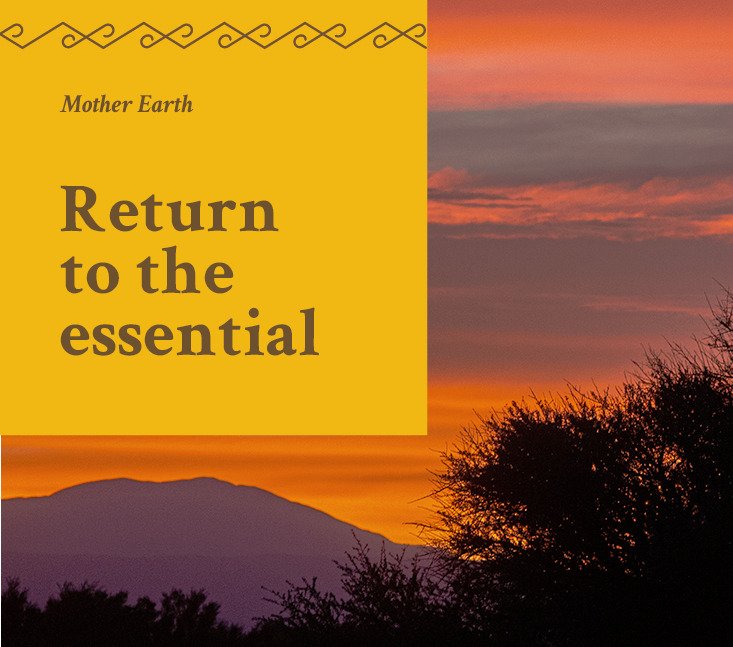
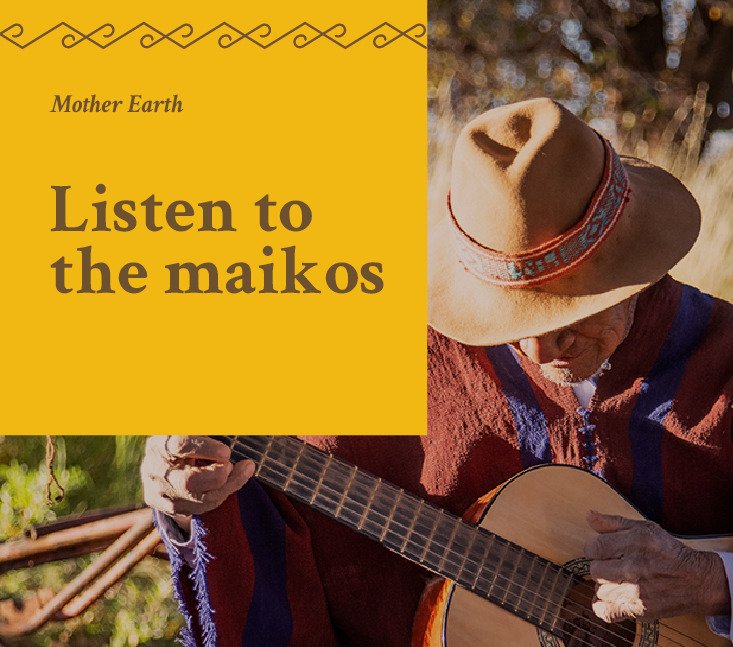
PURI, THE SPIRIT OF WATER
In the book Puri, the spirit of water, we will know the view of Rubén Colque, an outstanding and recognized cult of the city of Calama, who besides being a musician, is a purickamani, which in ckunsa language means “guardian of the water”. Also from Josefa Cruz and her daughter Jeanette Cruz, both from the town of Socaire, who share with us their relationship with water and the Talatur ceremony, a sacred instance for the Lickanantay and that although it endures, there are very few who maintain it.



SEED
In Semilla (Muhu) Juana Anza from Río Grande and Érica Pérez from Chiu Chiu, Alto Loa tell us the history, experience and legacy of the seed, inviting us to reflect on its care and protection. At a time when the seed is increasingly exposed, it is important to be alert to understand the impact it has on the world and on our daily lives.




ANCESTRAL NUTRITION
Food is medicine and knowing what we are eating and its origin is an important awareness of our body and environment. Through Ancestral Nutrition (Ckackchi tocke, Ckaya ckausama, Ckaya Ackia) we will understand concepts such as Food Sovereignty and how to be an agent of concrete change in our communities. Romina Yere from Toconce and Angela Tito from Solcor reflect on the importance of taking care of what we have and leaving a legacy for future generations.



ANCESTRAL HERBAL MEDICINE
Medicine comes from plants and their great biodiversity. Andrea Bautista, Quechua from Estación San Pedro and Minette Zuleta from Toconao know this very well. They share with us their relationship with medicinal herbs and the path they have taken with them. Through their stories we will learn about the main herbs of the area, as well as some of their properties and uses in the Ancestral Herbal Book (Ckeelas Hampi).



AGRICULTURAL TECHNIQUES
Knowing the agricultural techniques used by the ancients and recognizing the ancestral knowledge that Andean communities have had for thousands of years is fundamental to be able to look at the present in a sustainable way, so that the practices of working the land are consistent with a more sustainable future. Roberto García, from Catarpe and Félix Galleguillos from Taira share their visions in this regard in Agricultural Techniques (Hay-maytier Heustur Hoyri), being aware that the ancestral knowledge used by the ancestors was fundamental to survive in such a dry and desert-like place as the Atacama Desert.
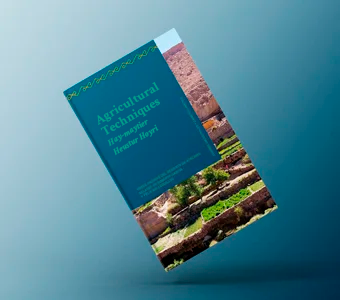
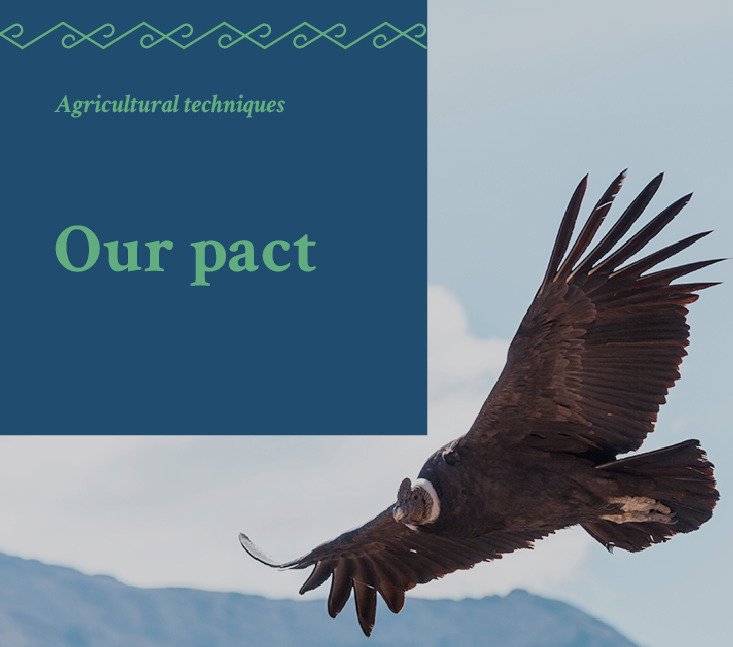
AGROFESTIVE CALENDAR
The stars, the movement of the earth, the solstices and equinoxes, the seasons of the year show us a cyclical and circular movement of the Earth; that knowing it allows us to interact in a balanced way with nature. Thus, milestones and rituals are marked that are important for the Andean being to maintain, in order to have a reciprocal relationship with nature and Mother Earth. David Barrera, from Calama, and the yatiri Santiago Tito from Río Grande, invite us in the Agrofestive Calendar (Tiempia Hutantur, Tiempia Ckoicktur) to reflect on this; besides letting us know the main milestones present in the Lickanantay culture.
We also listen to Rosa Ramos, from Machuca, in her audiovisual capsule, who also shares her vision of cycles and the calendar.




FOR ALL MY RELATIONSHIPS
For the Andean, everything is a relationship. For this reason, we end this collection with the book Por todas mis relaciones (Lay-cku Baini Ckii-Tatai), where through the voices of Rosa Ramos de Machuca, Vicente Aramayo and his son Luis Aramayo de Séquitor, the culture leaders invite us to reflect on the legacy we are leaving to future generations, in addition to taking care of the relationship with ourselves, our community and the planet earth. Through Sumaq kawsay, the Buen Vivir proposes a change of model, of paradigm; which states that everything is related and connected; and that the impact of small actions, in our daily lives, can lead our society and planet, to the turn we hope for.
